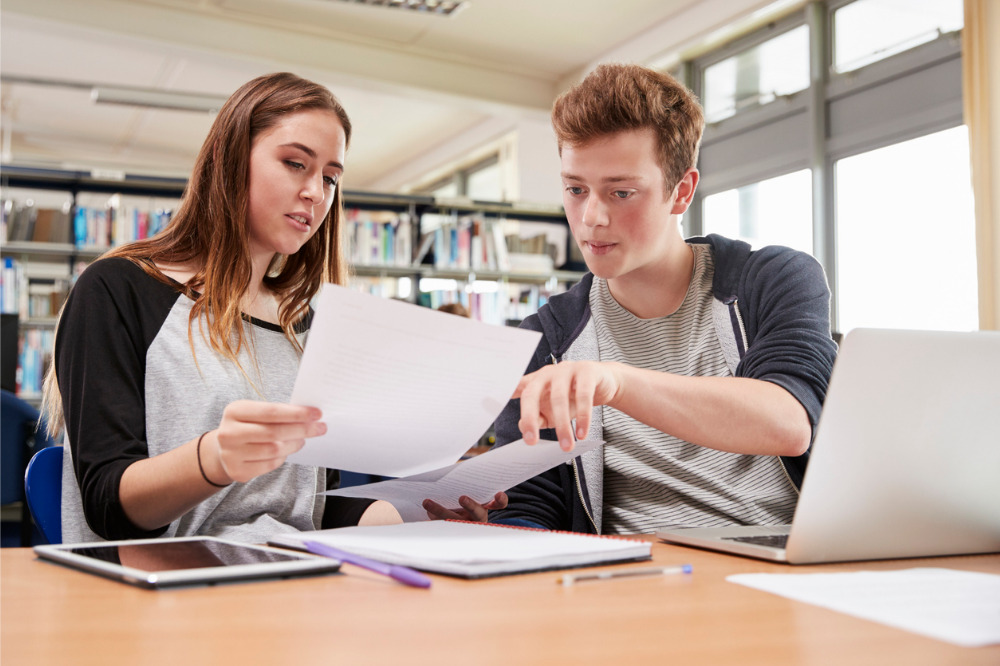
Peer support programs can help schools rebuild the wellbeing and resilience of Australian students in the wake of COVID 19, according to new research.
The study, conducted by Deakin University’s Centre for Social and Early Emotional Development (SEED) for Peer Support Australia, found that the use support modules incorporating peer tutoring and mentoring was effective in promoting positive youth development in schools.
According to the study, which analysed the effectiveness of PSA’s programs in the education sector, evaluations of school tutoring programs revealed positive effects on the academic performance and attitudes “both for those who received tutoring and also for peers providing tutoring.”
The report added that “tutoring programs had significantly larger effects where they were well structured, shorter (less than five weeks), in the subject area of maths rather than reading, and focused on skills that were easily taught.”
Among the health and social benefits that the study found in participating students were reduced “antisocial behaviours, smoking, drug use, and increased adult help-seeking for suicide risk, and for females, physical activity.”
“School principals are facing a challenging period as students adjust to life resembling the pre-pandemic world,” the study’s lead researcher, Professor John Toumbourou, Deakin University Chair in Health Psychology at SEED, told The Educator.
“While we are still assessing the full developmental impact the last year has had on young minds, it is clear from our research that clearly structured peer support programs result in a range of health and social benefits for students”.
Professor Toumbourou said that in the context of a year where students were kept away from their peers, the report’s findings in improving student mental health is the most important implication that schools need to be aware of.
“I would strongly urge school principals to use peer support programs to bolster student resilience and allow them to feed from the peer to peer environment”.
Is there an ideal peer support program?
Professor Toumbourou said an ideal peer support program is one that is clearly structured.
“Studies of various programs internationally show that programs reporting poor results are weakly structured and not implemented correctly,” he said.
“Successful programs with measurable effects are those with holistic mechanisms allowing for organisational services, school-wide training sessions and student modules, such as those available from Peer Support Australia”.
Professor Toumbourou said when there is school-wide adoption of these programs, the cooperative nature ensures two-way benefits for both student leaders and participating students, forging stronger relationships and building resilience.


